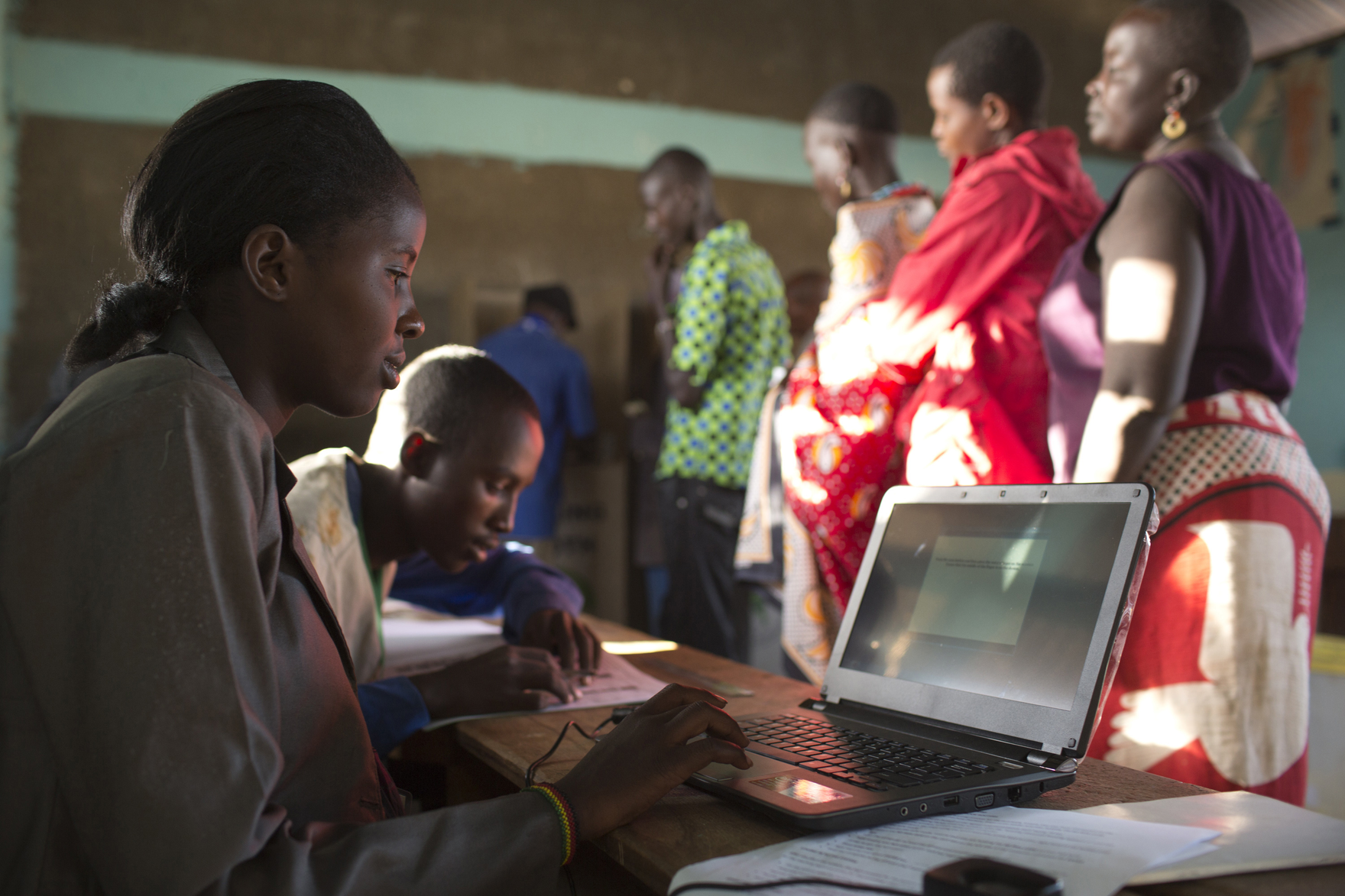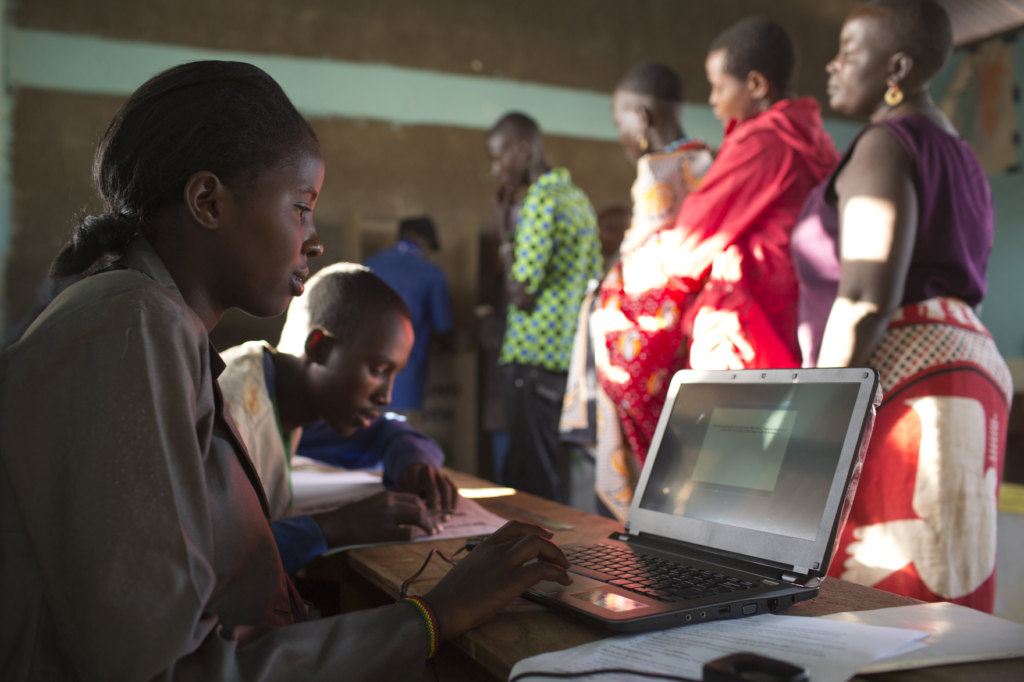
Your digital rights: are you informed?

Kenya, more informally known as the “silicon savannah”, is a digital hub in Africa. By December 2020, it had an income penetration rate of about 87%. In comparison, the second highest African country, Libya, stood at 74%. The Communication Authority of Kenya attributed this growth in its 2020/2021 financial report to the Covid-19 pandemic, which forced Kenyans to rely on digital platforms for work, study, healthcare, shopping and entertainment. This high rate is also driven by M-PESA, a world leader in the mobile wallet payment system, which facilitates internet access. Politically, it is also miles ahead in Africa-it is holding its second digital election in August of 2022.
Digital rights are human rights in the internet era. They include the right to privacy, the right to information and the right to freedom of opinion and expression. With the rapid evolving nature of digital platforms and technologies, there is a high potential to mis- and disinformation, mainly because most of us are not aware of our rights and freedoms, which means implementation is left to a few in society. In 2018, the Bloggers Association of Kenya (BAKE) successfully litigated the Computer Misuse and Cybercrimes Act to suspend 26 provisions which violated the “freedom of opinion, expression, the media, security of the person, the right to privacy, the right to property and the right to a fair hearing”. An appeal is currently before the Supreme court.
Article 33 of the Kenyan constitution enshrines the right to freedom of expression, whilst Article 35 enshrines the right to access to information through which we enforce the right to participate in laws, policies and development projects affecting Kenyans. However, participation remains low, if undertaken, as many Kenyans do not attend public forums and provide comments when laws and policies are subjected to public participation. More importantly, impactive development projects such as the Nairobi expressway road infrastructure and other large residential and commercial development projects affecting the health and economic rights of Kenyans have been left to a few Kenyans and civil society, to advocate for checks on the same. Most Kenyans were surprised at the toll charges for the Nairobi expressway making rounds recently on social media. These were actually gazetted on 21st of December 2020 by the Cabinet Secretary for Transport, and may be revised higher based on the Consumer Price Index as well as the dollar exchange rate used to cushion the Chinese operator from exchange rate losses, noting that the shilling is weaker now, currently trading at KES 114. These charges and indeed the entire project that is based on a Public-Private Partnership plan could have been challenged by more Kenyans at inception. There is another issue, however, in that even where these comments are provided, they are rarely reflected in the final plans or drafts of law and policy. This is where litigation and advocacy comes in, to challenge the right to meaningful public participation.
The second right more susceptible to abuse is the right to privacy enshrined in Article 31, which includes the right not to have one’s person, home or property searched; their possessions seized; information relating to their family or private affairs unnecessarily required or revealed; and privacy of their communications infringed. Information is collected by communication providers, employers and health institutions, amongst other agencies. There is however, a more riskier avenue. Most Kenyans associate the Huduma numba, a biometric enabled digital ID, that would consolidate one’s national ID, passport, driver’s licence, social security and national health insurance card into one credential, with marginalized constituencies such as the Nubian community, border communities affected by double registration in UN Refugee Agency databases, and civil society, given litigation that preceded it, and the recent High court judgment of October 2021 which faulted the government for failure to undertake a data protection impact assessment in the collection process. However, collection of large digital data is not only high risk in the event of breaches, which are becoming more and more common in the world, and does not also just discriminate and exclude marginalized constituencies like the Nubian community in Kenya, but facilitates government which has disproportionate power over an individual to conduct surveillance and control over you, your information, your online views and habits, which facilitates two sinister roles in current times- electoral politics and commercial incentives.
It should not just be a preserve of a few Kenyans and civil society to enforce digital rights- it is important that all Kenyans participate in scrutiny of laws and development projects as well as litigation in privacy rights and freedom of expression including digital ID schemes to protect their data, their pockets, secure their freedom to think independently and express themselves freely on societal issues in their daily lives.
If you wish to learn more about enforcement of your digital rights in Kenya, please reach out to me at halima@hawahussein.com
Photo credit: Reuters/Siegfried Modola, 2013 https://www.cigionline.org/articles/kenyan-high-court-ruling-a-watershed-moment-for-digital-rights/
# digitalrights #nairobiexpressway #righttoprivacy #freedomofexpression #freedomofopinion #publicparticipation #Dataprotection #BAKE #hudumanumba #ComputerMisuseandCybercrimesAct #Article33 #Article35 #Article31 #KenyaConstitution #businessinAfrica #leadership #kenya
Kenya, more informally known as the “silicon savannah”, is a digital hub in Africa. By December 2020, it had an income penetration rate of about 87%. In comparison, the second highest African country, Libya, stood at 74%. The Communication Authority of Kenya attributed this growth in its 2020/2021 financial report to the Covid-19 pandemic, which…